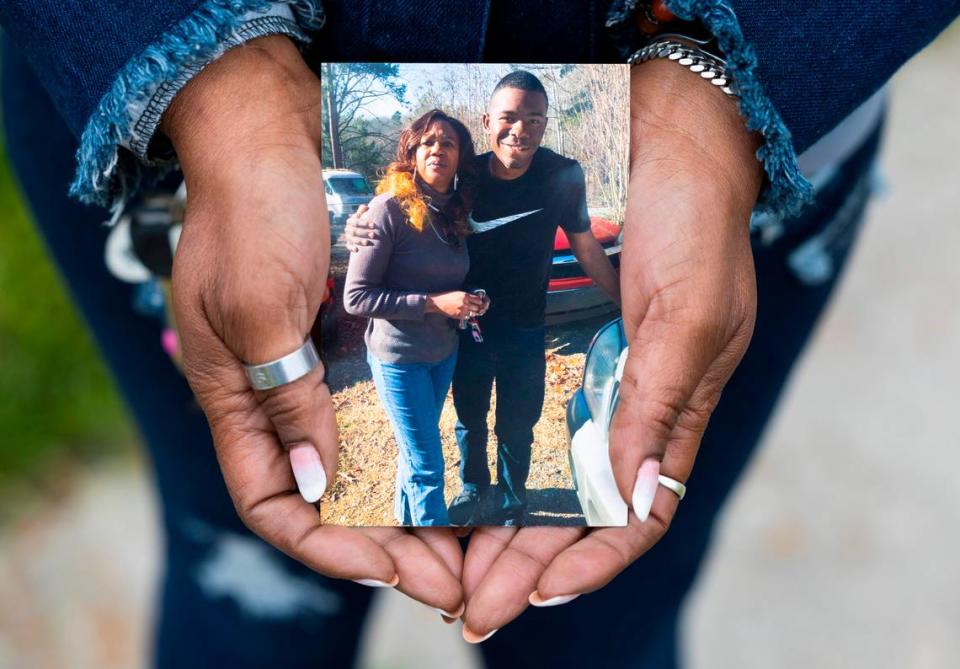Burdened after Death: What you should know about North Carolina’s autopsy crisis
A severe autopsy backlog in North Carolina has added to the financial and emotional burdens of grieving families, a Charlotte Observer and News & Observer investigation revealed.
Here are three takeaways from Burdened after Death:
▪ When people in North Carolina die unexpectedly, required medical investigations usually take more than 20 weeks. In nearly 1,400 cases since 2020, they took more than a year.
That crisis heaps more burdens on grieving family members during one of the worst periods of their lives. Some can’t touch funds they are entitled to inherit, leaving their biggest bills unpaid. Many must wait months for the answer to a burning question: Why did their loved one die?
The system is bogged down chiefly because there are too many bodies and too few pathologists and toxicologists to handle the load.
The surging number of drug overdose deaths is partly to blame. Staff vacancies have made the problem worse. Nine of the state’s 16 forensic pathology positions are vacant.
Low pay has contributed to the problem. North Carolina’s medical examiner’s office has for years operated with less funding than most other states.

▪ A key reason that the autopsy backlogs have proved so devastating to families: Relatives usually can’t get death certificates until the autopsy report is completed.
And without a death certificate, survivors usually can’t access insurance and other assets they are due to inherit. Family members need death certificates in order to sell a house they’re due to inherit, transfer automobiles, homes and other property to surviving family members, or collect survivor benefits from a pension or social security.
▪ The logjam also leaves some criminals free from prosecution for months.
Authorities can’t file homicide charges in some cases — including many infant deaths and suspected drug overdoses — until they know the cause of death. So when these cases are delayed for months, potentially dangerous criminals remain on the street.

